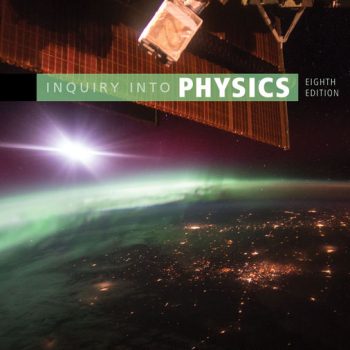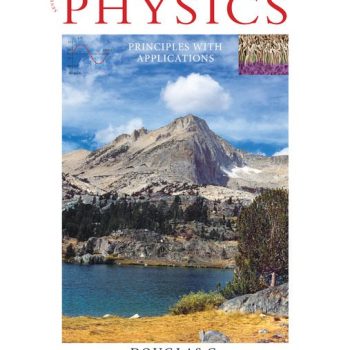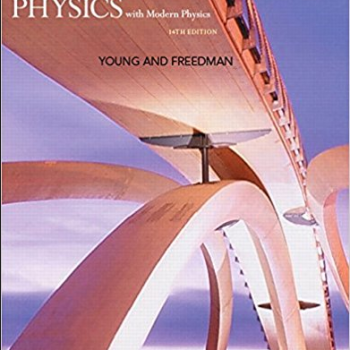What is Physics?
Physics is the branch of physical science that studies matter, energy, and the fundamental forces of nature. It encompasses a wide range of phenomena, from the smallest particles in the quantum realm to the vastness of the universe. Physics seeks to understand how the universe behaves through principles and laws that govern motion, energy transfer, and the fundamental forces of nature.
Importance of Physics
Physics is fundamental to our understanding of the natural world and the development of new technologies. It provides the basis for advancements in engineering, technology, medicine, and environmental science. Research in physics leads to innovations such as quantum computing, medical imaging, and renewable energy solutions, improving our quality of life and addressing global challenges.
Key Subfields of Physics
Classical Mechanics
Classical mechanics deals with the motion of objects and the forces that act upon them. It includes concepts like Newton’s laws of motion, conservation of energy, and momentum. This subfield is fundamental to understanding the behavior of macroscopic objects in everyday life.
Electromagnetism
Electromagnetism studies the interactions between electric charges and magnetic fields. It encompasses phenomena such as electricity, magnetism, and light. This subfield is crucial for the development of technologies like electrical circuits, motors, and communication systems.
Thermodynamics
Thermodynamics focuses on the principles of heat, energy, and work. It involves the study of energy transfer, entropy, and the laws governing thermal processes. Applications of thermodynamics include engines, refrigerators, and understanding chemical reactions.
Quantum Mechanics
Quantum mechanics explores the behavior of particles at the atomic and subatomic levels. It introduces concepts like wave-particle duality, quantum entanglement, and uncertainty principles. This subfield is essential for understanding the behavior of matter at microscopic scales and has applications in quantum computing and semiconductor technology.
Relativity
Relativity, developed by Albert Einstein, includes the special and general theories of relativity. It describes the behavior of objects at high speeds and in strong gravitational fields. Relativity has profound implications for our understanding of space, time, and the universe.
Benefits of Studying Physics
Economic Benefits
Physics education opens up a wide range of career opportunities in research, industry, education, and government. Physicists play a critical role in driving innovation and developing new technologies, making their expertise highly valued and well-compensated.
Cross-Disciplinary Applications
Physics intersects with various fields such as engineering, materials science, environmental science, and biology. This interdisciplinary nature enhances our understanding of complex systems and fosters technological development.
Critical Thinking and Problem-Solving
Studying physics enhances critical thinking and problem-solving skills. It encourages a rigorous approach to understanding fundamental principles, fostering a deep comprehension of the natural world and its phenomena.
Career Growth
An education in physics provides a solid foundation for career advancement. It equips individuals with the knowledge and skills needed for roles in scientific research, technology development, and education. Advanced studies in physics can lead to specialized positions and opportunities for significant contributions to science and industry.
Test Bank Archive for Physics
At Test Bank Archive, we offer a comprehensive collection of resources to support your studies in Physics. Our test bank includes detailed test banks and solution manuals for various textbooks, providing:
Targeted Exam Preparation
Practice questions that mirror the style and difficulty of your exams, boosting your confidence and readiness.
In-Depth Explanations
Detailed solutions that help clarify complex physics concepts and principles.
Up-To-Date Content
Regular updates to ensure alignment with current academic standards and curricula.
Our test bank resources are designed to help you excel in your Physics courses by providing structured, effective study tools.
Conclusion
Physics is essential for understanding the natural world and driving technological advancements. By thoroughly preparing for your courses and utilizing the extensive test bank resources at Test Bank Archive, you can enhance your knowledge, improve your academic performance, and succeed in the dynamic field of physics. Start exploring our resources today and take a significant step towards mastering Physics.
Showing all 4 results




